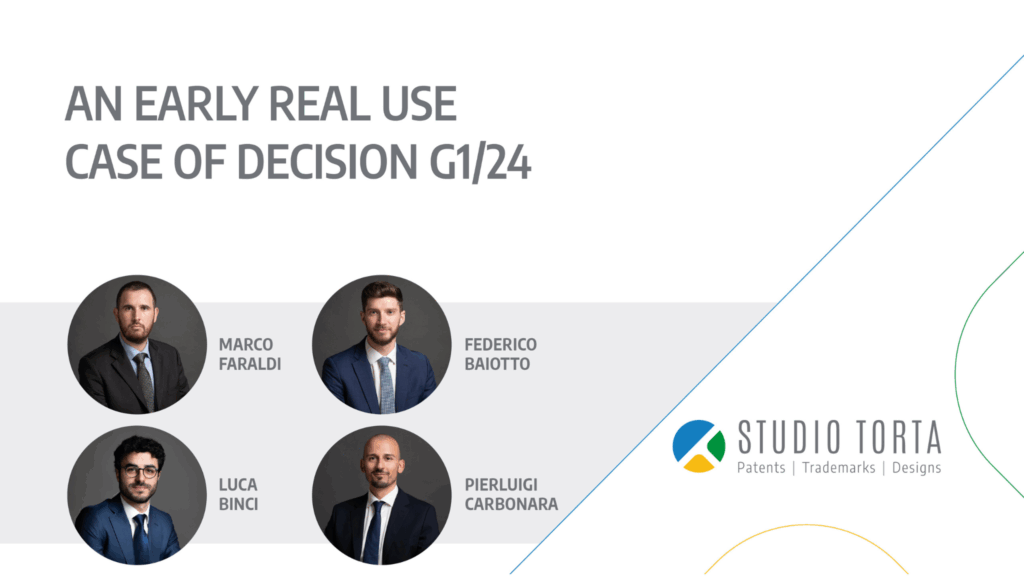The family expands: Romania is the 18th state to ratify the UPC agreement
The UPC came into existence and started its operations when the Agreement on a Unified Patent Court (also known as UPC Agreement or UPCA) entered into force, i.e. on 1 June 2023.
This date was not chosen arbitrarily, but derives from Article 89(1) UPCA, which provides that the date of entry into force of the UPCA shall be the latest of the following three dates: 1) 1 January 2014; 2) the first day of the fourth month after the deposit of the thirteenth instrument of ratification or accession in accordance with Article 84 UPCA, including the three Member States in which the highest number of European patents had effect in the year preceding the year in which the signature of the UPCA takes place; 3) the first day of the fourth month after the date of entry into force (30 May 2014) of the amendments to Regulation (EU) No 1215/2012 concerning its relationship with the UPCA.
Ultimately, the decisive date was the second of the above three dates. Indeed, the UPCA was signed on 19 February 2013 and the three Member States in which the highest number of European patents had effect in 2012 were Germany, France and Italy. At the beginning of 2023, 16 Member States (including France and Italy) had already ratified the UPCA, but Germany was still missing. Finally, Germany deposited its instrument of ratification on 17 February 2023, thus triggering the date of entry into force of the UPCA on 1 June 2023.
In any case, the territorial coverage was not frozen on 1 June 2023, since the UPCA can enter into force in further States. However, unlike the European Patent Convention, the UPCA is strongly linked to the European Union (EU), since only a Member State of the EU can be a party to the UPCA.
Currently, the UPCA is in force in the 17 EU Member States which have ratified the UPCA: Austria, Belgium, Bulgaria, Denmark, Estonia, Finland, France, Germany, Italy, Latvia, Lithuania, Luxembourg, Malta, the Netherlands, Portugal, Slovenia, Sweden. Such States are territorially covered by a Unitary Patent (i.e. a European patent with unitary effect) registered as of 1 June 2023, thus defining the first Unitary Patent generation.
Romania deposited its instrument of ratification on 31 May 2024, i.e. after the entry into force of the UPCA. Therefore, Article 89(2) UPCA applies, so that the UPCA will enter into force in Romania on the first day of the fourth month after the deposit of its instrument of ratification, i.e. on 1 September 2024.
This date has important consequences for Unitary Patents, since a Unitary Patent covers the territories of those participating Member States in which the UPCA has taken effect at the date of registration of unitary effect by the European Patent Office (EPO) and the coverage of a given generation of Unitary Patents stays the same for their entire lifetime, irrespective of any subsequent ratifications of the UPCA after the date of registration of unitary effect. Therefore, only Unitary Patents registered as of 1 September 2024 will cover the territory of the 18 EU Member States (including Romania) defining the second Unitary Patent generation. In this respect, the EPO issued a notice on 5 June 2024 concerning Romania’s ratification of the UPCA and the possibility of requesting a delay in the registration of unitary effect so as to allow users to benefit from the territorial scope of the second Unitary Patent generation covering Romania. If patent proprietors expressly request the delay together with their request for unitary effect, the EPO will register unitary effect on or shortly after 1 September 2024.
The UPC is a dynamic system. The six EU Member States which have signed but not yet ratified the UPCA (Cyprus, Czech Republic, Greece, Hungary, Ireland, Slovakia) may ratify the UPCA at any time, and the three EU Member States which have not signed the UPCA (Croatia, Poland, Spain) may still accede to the UPCA at any time, thus shaping a map for increasingly uniform patent protection at a European level.
For more information, please click here.




